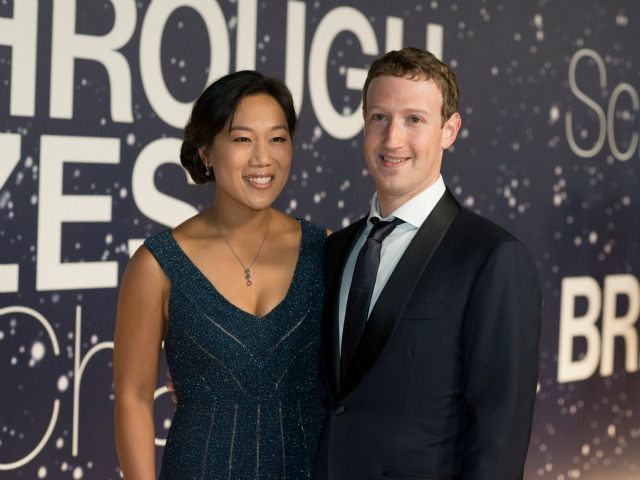Mark Zuckerberg and wife Priscilla have produced a video in celebration of the Lunar New Year, announcing their baby’s Chinese name and cozying up to a market that isn’t India.
Zuckerberg is looking eastward, after watching his attempted conquest of India dissolve. Within 24 hours of the Indian government’s rejection of Facebook’s Free Basics program, Mark and Priscilla Zuckerberg appeared with new daughter Max to deliver a Happy Lunar New Year’s message in Chinese. In addition, they announced Max’s Chinese name: “Chen after her mother’s family name… and Mingyu represents our hope for a brighter tomorrow for the world.”
With any luck, Zuckerberg hopes that the “brighter tomorrow” will include his predicted 5 billion Facebook users by the time young Chen Mingyu reaches high school. Buttering up China seems like a good fit for a social network that has become an icon of online censorship. But to get a grip on the Chinese audience, he’ll need to best Chinese megacorporation Tencent’s “QQ” social network, currently hosting nearly a billion user accounts.
Last year, on a supposed mission “to give everyone in the world the power to share what’s important to them and to connect every person in the world,” Zuckerberg attempted to implement his Free Basics program in India. The controversial program offers free-yet-restricted mobile internet access. While the program was already offered in over 30 countries at the time, Facebook spent up to $65 million advertising the program in India, where three-quarters of the 1.2 billion inhabitants have no internet access.
It seems no coincidence that the video was released as the Telecom Regulatory Authority of India enacted a regulation against differential pricing for data services. Commonly known as zero-rating, the term refers to telecom service providers offering of specific content or services for “free.” While the ruling was not directed at Facebook specifically, the decision was made “to ensure that consumers get unhindered and non-discriminatory access to the Internet,” effectively banning the Free Basic program in India — just three months after Egypt did the same.
“Today we have come out with a regulation which essentially mandates that no service provider shall charge differential pricing on the basis of application, platforms or websites or sources,” said Ram Sewak Sharma, chairman of TRAI. “Anything on the Internet cannot be differentially priced, that’s the broad point we’ve made in the regulation and that’s where it stands.” The TRAI noted that their decision was “guided by the principles of net neutrality,” which should confuse the Facebook founder, since he already thinks that’s what Free Basics is.
Facebook was disappointed with the decision. “Our goal with Free Basics is to bring more people online with an open, non-exclusive and free platform,” said a Facebook spokesperson. “While disappointed with the outcome, we will continue our efforts to eliminate barriers and give the unconnected an easier path to the internet and the opportunities it brings.”
So it appears Zuckerberg is on the hunt again for new Facebook users.
Follow Nate Church @Get2Church on Twitter for the latest news in gaming and technology, and snarky opinions on both.

COMMENTS
Please let us know if you're having issues with commenting.